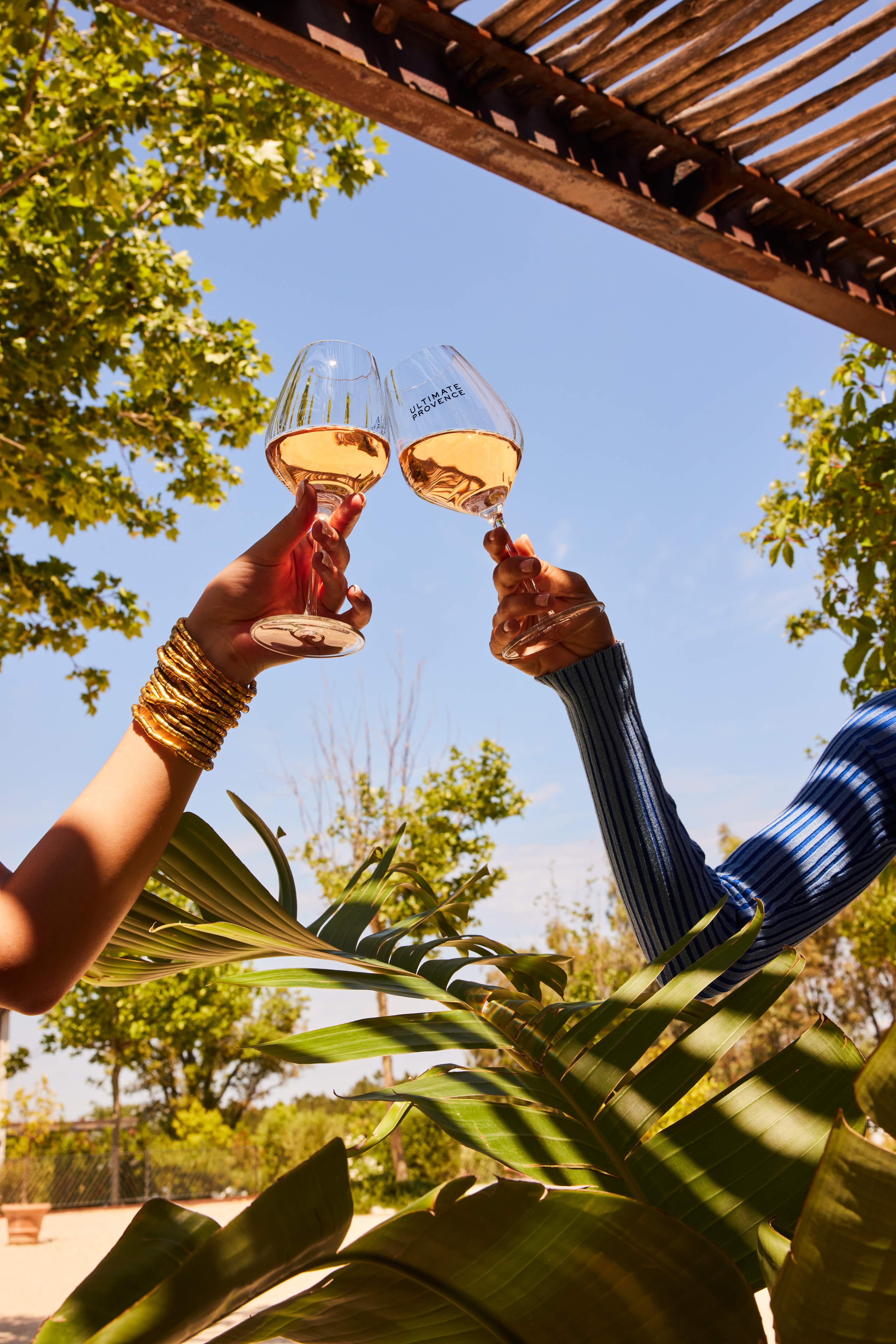In recent years, awareness of the environmental emergency and the desire to take care of one's health have considerably changed consumption patterns. In the world of wine, this is reflected in a growing interest in previously little-known types of wine, as is the case with biodynamic wine .
The history of biodynamics
Biodynamics is a concept invented at the beginning of the 20th century by the Austrian philosopher Rudolf Steiner. The inventor will thus respond to a growing concern among many farmers, faced with the rise of chemical fertilizers and industrial agriculture. He then led several conferences covering the basic principles of biodynamic agriculture , which he then called “biological fertilization”.
Having remained in Steiner's private circle for a long time, this information was made public in the 1960s, and many winegrowers applied it in their vineyards.
Biodynamic wine: definition
A biodynamic wine meets certain requirements, whether during the cultivation of the vines or during the winemaking process.
- Biodynamics in the vines : a biodynamic wine must be made from grapes from organic farming. No synthetic chemicals are permitted, and soils are energized and protected from disease through the use of herbal preparations. To promote the biodiversity of the vineyard and obtain quality grapes, the winegrower then relies on the biodynamic lunar calendar to cultivate his vines;
- Biodynamics during wine making : once the harvest is complete, the production of biodynamic wine limits the use of inputs and sulfur.
Biodynamic wines: authorized inputs
The production of biodynamic wine meets strict specifications, setting the limits for the addition of inputs and sulfur.
- Inputs authorized during winemaking: sulfur dioxide (SO2 or sulfur), egg albumin (ovalbumin), bentonite, sucrose (sugar) and oenological charcoal;
- The authorized dosage of sulphite : 60 mg per liter for red wine, and 90 mg per liter for white wine and rosé wine.
Biodynamic wine and organic wine: what's the difference?
Since a biodynamic wine comes from organic farming and limits inputs, biodynamic wine is necessarily an organic wine . On the other hand, the opposite is not always true, because biodynamic agriculture pushes the commitment further than organic farming, by further limiting the use of inputs, and by using preparations based on plants for growing grapes.
The principles of biodynamic wine
Biodynamics is a particular type of agriculture, which is based on its own principles, and which requires a real commitment from biodynamic winegrowers .
Respecting the biodynamic lunar calendar
Biodynamic farmers are convinced of the influence of cosmic force (the moon and planets) and terrestrial force on the growth of plants and grapes.
Several studies prove that the positions of the stars determine the most favorable periods for growing fruits and vegetables, but also flowers. This is how a biodynamic calendar was created in the 1960s, to help biodynamic farmers determine the favorable periods for sowing, harvesting, or even harvesting.
In the world of viticulture, this lunar calendar allows wine producers to define the dates of the different stages of biodynamic wine production (vine pruning, harvest, racking, bottling, etc.).
Protect the vines and energize the soil
The other fundamental principle of biodynamic cultivation is based on the protection of the vines and the revitalization of the soil. The specifications then require the use of preparations based on plants and minerals to energize and fertilize the soil, but also to facilitate the composting of organic matter.
These preparations also aim to protect the vines from diseases, drought and frost.
Herbal preparations, or biodynamic preparations
To meet the requirements of biodynamic viticulture, and limit chemical inputs, the winegrower therefore uses plant-based preparations, called preparations. Here are the main biodynamic preparations .
Horn dung, or preparation 500
Preparation 500 , or horn dung , is none other than a cow's horn covered with cow dung, which is buried in the soil of the vineyard when winter comes. The fermentation of cow dung in contact with the horn and the soil will then help to promote the structure of the soil, improve the root system of the vines, stimulate microbial life and form humus.
At the end of winter, the horn is dug up and mixed with water. The vortex thus created is sprayed on the vines to energize them.
Horn silica, or preparation 501
Based on the same principle as horn dung, horn silica replaces cow dung with quartz. The horn is then buried for 6 months, before being dug up, mixed with water, and sprayed in the vineyard.
Horn silica thus facilitates the assimilation of light and the development of vine leaves, and it makes it possible to obtain grapes of better taste and nutritional quality.
Manure compost (CBMT)
Dung compost was invented by Maria Thun, and is composed of cow dung, as well as numerous composting elements (basalt powder, eggshell, etc.). The goal of dung compost is to develop microbial life, encouraging the decomposition of organic matter and plants.
Recognizing biodynamic wines: labels
Biodynamic wine is easily identified thanks to the label assigned to it, which is mentioned on the label of the wine bottle. There are then 2 main biodynamic labels.
- The Biodyvin label , which has specialized in the labeling of biodynamic wine since 1995;
- The Demeter label , which has awarded biodynamic certification in all areas of agriculture since 1932, and not specifically to viticulture.
Biodynamic wine has been on the rise in recent years, but still remains little known. It is part of organic wines, and meets very strict environmentally conscious principles. Also committed to an eco-responsible approach, the Berne estate produces organic Provence wines that perfectly reflect the terroir.









